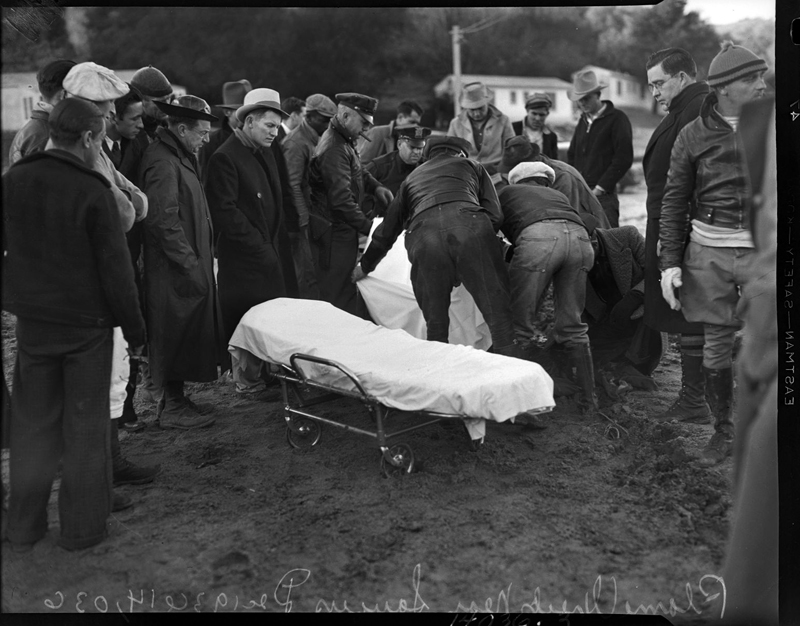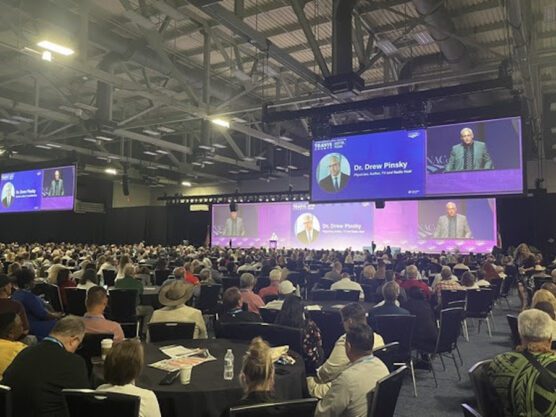This weekend, a multitude of county elected leaders and executives gathered in Travis County in Texas at the annual National Association of Counties Conference to share challenges, compare best practices and develop a unified advocacy agenda to guide counties’ collective legislative lobbying efforts across the nation.
Los Angeles County Supervisor Kathryn Barger, in her role as co-chair of the NACo Commission of Mental Health and Well Being, submitted three policy resolutions on behalf of Los Angeles County that received unanimous support from NACo’s Health Policy Steering Committee and Board of Directors and were subsequently adopted by NACo’s broader membership base at this weekend’s Annual Business Meeting. The resolutions will now steer NACo’s advocacy efforts before Congress and the Biden Administration during the 2023-2024 term.
“More federal support is needed so that counties can effectively tackle the substance abuse and mental health crises that are visibly on display on our streets,” said Barger, whose Fifth District includes the Santa Clarita Valley. “Counties are on the front line and accountable for helping a wide variety of indigent individuals suffering from unattended and debilitating psychiatric conditions, including people experiencing homelessness and those in our jails. We need changes to federal policies that tie our hands and prevent our mental and behavioral health systems from scaling up to meet needs that are growing every day.”
One of the resolutions calls upon Congress to eliminate federal restrictions that currently prevent counties from receiving federal Medicaid reimbursement for services provided in residential behavioral health treatment facilities with more than 16 beds. Originally designed to stop counties from operating large scale asylums, the “Medicaid Institutions for Mental Disease” (IMD) payment exclusion has had the unintended consequence of limiting the availability of treatment beds for those suffering from serious mental illness and substance abuse disorders.
The other resolutions call upon the federal government to provide more flexible funding options for county-run programs that will increase the behavioral health workforce, Medicaid reimbursement for behavioral health crisis response services, an increase in federal reimbursement rates for behavioral health treatment that reflects parity with medical care rates, and more investment in continuing to evolve the new 9-8-8 national crisis hotline that debuted a year ago.
While addressing NACo’s Board of Directors yesterday, Barger spoke of the urgent need for counties to collaborate and work together to reform legislation and policies. “We need to speak as one county voice on these issues,” Barger said. “Doing so is our best shot at catalyzing bipartisan legislation that will help us fix gaps in our mental health systems that allow some of our most mentally ill to tragically spend their lives on the streets, in emergency rooms, and in prison. We can’t look the other way and pretend that this is acceptable.”
Like this:
Like Loading...
Related





 Tweet This
Tweet This Facebook
Facebook Digg This
Digg This Bookmark
Bookmark Stumble
Stumble RSS
RSS




























REAL NAMES ONLY: All posters must use their real individual or business name. This applies equally to Twitter account holders who use a nickname.
0 Comments
You can be the first one to leave a comment.